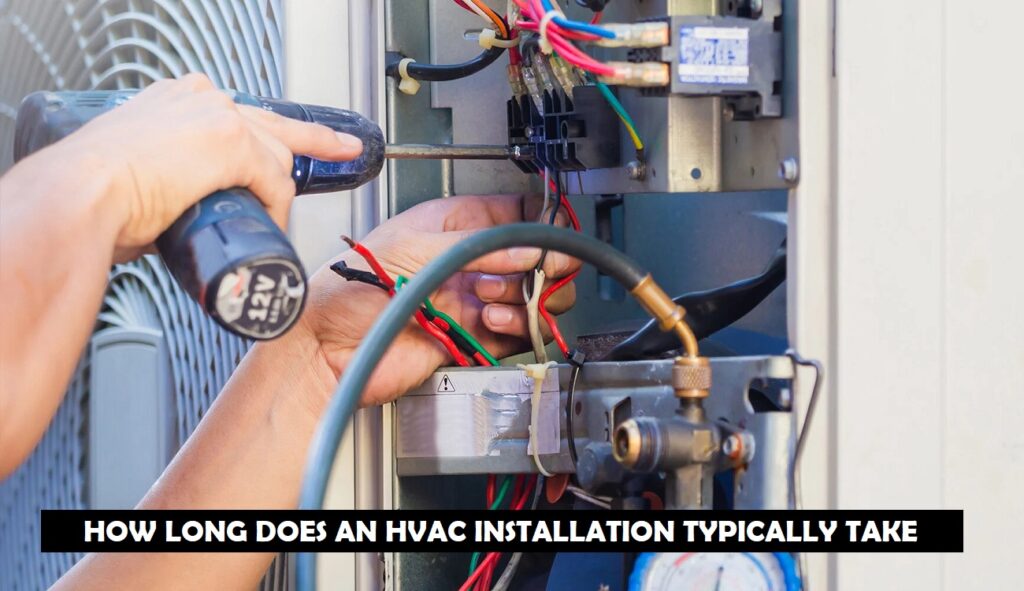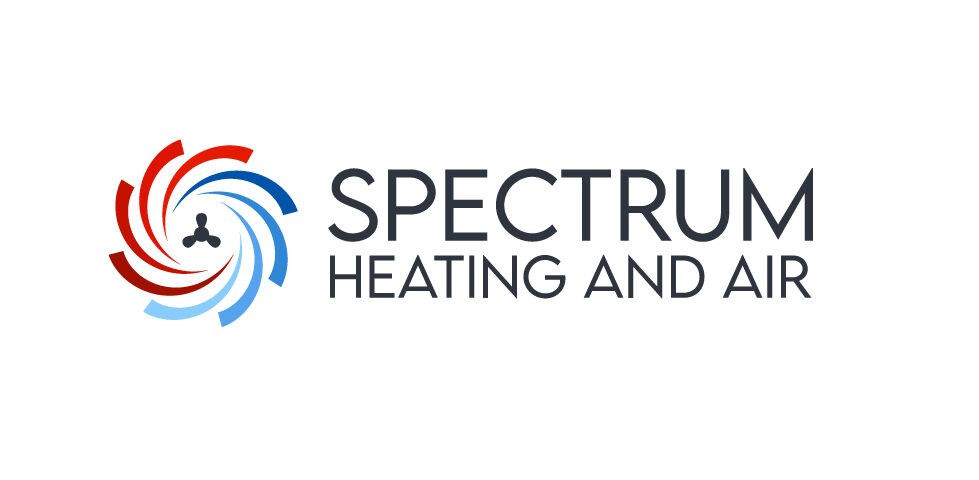When you decide to invest in a new HVAC (Heating, Ventilation, and Air Conditioning) system for your home or business, one of the burning questions you’re likely to have is, “How long will it take to get it up and running?” The timeline for an HVAC installation is influenced by various factors, and understanding these can help you better prepare for the process. In this article, we will take an in-depth look at the intricacies of HVAC installation timelines, exploring the key determinants and providing you with a comprehensive understanding of what to expect when getting a new HVAC system installed.

Factors Affecting HVAC Installation Time
1. Type of HVAC System
The type of HVAC system you choose is a pivotal factor in determining the installation time. HVAC systems come in various forms, from standard central air conditioning systems to heat pumps, furnaces, and even ductless mini-split systems. The complexity of the system directly affects the duration of the installation.
For instance, replacing an existing system with a similar one is typically a quicker process as it involves removing the old system and installing a new one that fits the existing infrastructure. On the other hand, opting for a more advanced system or upgrading to a ductless mini-split system can extend the installation timeline due to the need for additional components and adjustments.
2. Size and Complexity of the Project
The size and complexity of the HVAC project play a significant role in determining how long the installation will take. Installing an HVAC system for a small residential property will generally be a quicker process compared to a large-scale commercial installation or a multi-zone system for a larger residence.
Large commercial projects or installations in multi-story buildings often involve intricate ductwork, zoning systems, and more extensive infrastructure adjustments, all of which contribute to an extended installation timeline.
3. Location and Accessibility
The physical location of the HVAC system within your property can impact the installation duration. If the installation site is challenging to access, such as tight spaces or areas with limited clearance, it may take longer for the technicians to set up the system. Additionally, if the installation requires modifications to your property’s structure, this can also extend the timeline.
4. Preparation Work
Preparation work is a crucial aspect of HVAC installation that can affect the overall timeline. This includes removing the old HVAC system, making adjustments to existing ductwork, and upgrading electrical systems if necessary. If your home or business requires extensive preparation work before the new system can be installed, it will add to the installation time.
5. Customization and Additional Features
Many property owners today opt for customized HVAC solutions that come with advanced features such as zoning systems, smart thermostats, or air purification systems. While these enhancements can significantly improve comfort and energy efficiency, they also require additional installation time. Technicians need to configure and integrate these features seamlessly into the system, ensuring they work harmoniously.
6. Contractor’s Experience
The experience and expertise of the HVAC contractor you choose for the installation are paramount. Seasoned professionals with a proven track record tend to work more efficiently, potentially reducing the installation time. It’s advisable to select a contractor with a reputation for quality work and timeliness to ensure your project stays on schedule.
Typical HVAC Installation Timelines
Now that we’ve explored the various factors that can affect HVAC installation duration, let’s look at some typical timelines for different scenarios:
1. Standard Replacement
If you’re replacing an existing HVAC system with a similar one, the installation can usually be completed in one to two days. This process involves removing the old system, ensuring compatibility with the new equipment, and performing the installation. The familiarity with the existing setup expedites the process.
2. New Residential Installation
For a new HVAC system installation in a residential property, you can expect the process to take around three to five days. This includes designing the system to meet your specific needs, installing ductwork, configuring the equipment, and performing thorough testing to ensure optimal performance.
3. Commercial Installations
Commercial HVAC installations tend to be more complex and time-consuming. The duration varies greatly based on the project’s size and intricacy. Small-scale commercial projects may take approximately one week, while larger and more intricate installations can extend to several weeks.
4. Customized Systems
If you’re opting for a fully customized HVAC system with special features, the installation may take longer, typically ranging from one to two weeks or even more. This timeline accounts for the additional time needed to configure and integrate the custom features seamlessly into the system.
5. Emergency Replacements
In cases where your existing HVAC system fails unexpectedly, you may need an emergency replacement to restore comfort quickly. Emergency replacements can typically be completed within 24 to 48 hours, ensuring minimal disruption to your daily routine.
In conclusion, the duration of an HVAC installation is influenced by a multitude of factors, including the type of system, the scale and complexity of the project, location, preparation work, customization, and the expertise of the contractor. It’s crucial to have open communication with your chosen HVAC contractor to understand the timeline for your specific project thoroughly.
By being aware of the potential factors that can affect the installation timeline, you can plan accordingly and ensure a smooth transition to a more comfortable and energy-efficient living or working space. Remember that investing in a well-planned HVAC installation is essential for long-term comfort and energy savings.




